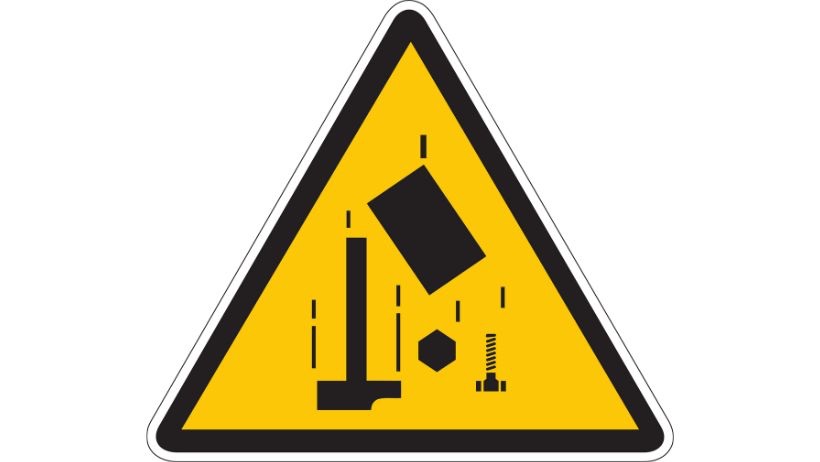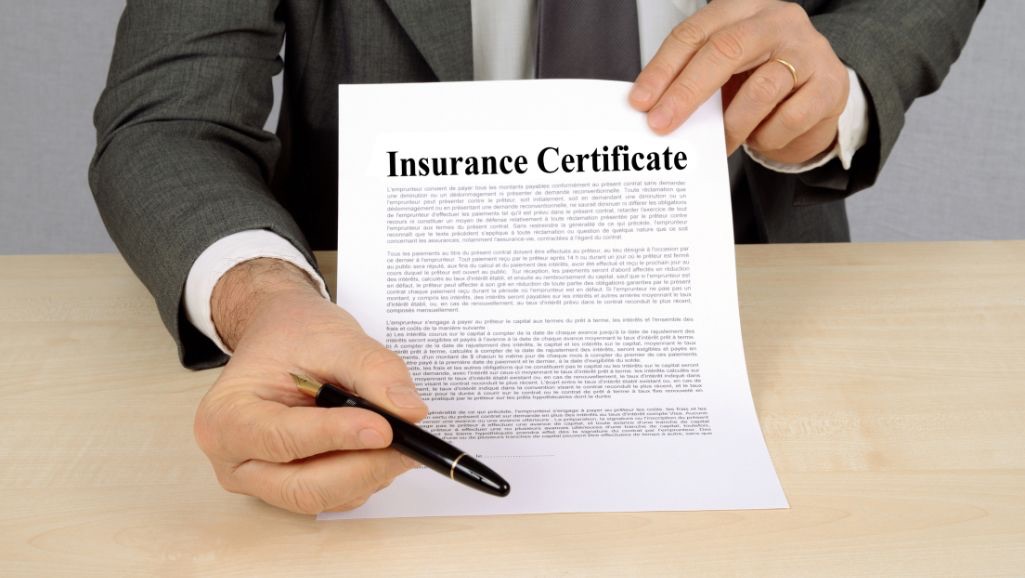 Commercial Truck Insurance is crucial for protecting yourself and your business. Unfortunately, common truck insurance myths may be costing your business big time.
Commercial Truck Insurance is crucial for protecting yourself and your business. Unfortunately, common truck insurance myths may be costing your business big time.
5 Common Commercial Truck Insurance Myths
1. There's Nothing You Can Do to Lower Truck Insurance Premiums
This is not true. Insurance premiums are based on risk. Lower your risk, and you lower your insurance premiums. There are many ways to reduce your risk, such as hiring safer and more experienced drivers, providing safety training, properly maintaining your vehicles, and conducting pre-and post-trip inspections. Other ways to lower insurance premiums are asking about discounts, combining policies, increasing deductibles, and working with an independent insurance agent at American Insuring Group, who will compare the cost of your coverage with several insurance companies.
2. Truck Insurance Only Covers Vehicle Damage
Some truck drivers and trucking companies are under the false impression that truck insurance only pays for repairs or replacement if their truck or trailer sustains damage in a collision. While that is a key part of commercial truck insurance, it can cover much more.
Here are a few types of insurance coverage owner-operators should consider:
- Comprehensive insurance covers damages or losses not resulting from a collision, such as vandalism, theft, fire, etc.
- Commercial Liability Insurance protects you against loss from legal liability resulting from bodily injury or property damage to another party.
- Cargo Insurance protects against loss from legal liability for damage to goods or merchandise in your care and custody while in transit. It also provides coverage for things like debris removal and refrigeration breakdown.
- Trailer Interchange Insurance is available under the trucker's or motor carrier's policy form, which covers the insured's legal liability for damage to the trailers of others. Under the business auto policy (BAP), coverage is also available by endorsement. Under a trailer interchange + agreement, the motor carrier in possession of the trailer is responsible for any damage to the trailer, even if the trailer is not attached to the tractor.
- Uninsured/Underinsured Motorists Coverage helps pay for damage to your trick if someone hits you and does not have liability coverage.
3. ELDs are Not Required for Small Fleets
Often, smaller fleet owners are under the impression that they can continue using paper logs or other methods to track hours of service (HOS). According to the Federal Motor Carrier Safety Administration (FMCSA), "The ELD applies to most motor carriers and drivers who are currently required to maintain records of duty status (RODS) per Part 395, 49 CFR 395.8(a). The rule applies to commercial buses as well as trucks and to Canada- and Mexico-domiciled drivers." Failing to do so can result in fines, penalties, audits, investigations, and lawsuits.
4. Only Large Fleets and Long-Haul Truckers Need Truck Insurance
Whether you're a fleet of one or one hundred and travel 100 miles or 100,000 miles a day, you are still exposed to risks like accidents, cargo damage, liability, etc. Truck insurance helps protect you, your vehicles, your employees, and your business.
5. Not Having Truck Insurance Can Save You Money
Some people think they can save money by not having truck insurance. After all, you're paying a monthly premium, and who knows if you'll ever need to file an insurance claim. That's a risk not worth taking.
In 2021, there were more than half a million large truck accidents across the U.S., according to Forbes, a 26% increase over 2020. "The good news is the majority of truck accidents do not result in fatalities or even in injuries. A total of 310,000 of the collisions in 2020 involved property damage alone," Forbes states. "Unfortunately, the bad news is, that 101,000 truck crashes caused injury over the course of that year with another 4,444 causing fatalities. Truck drivers and the companies that employ them may be held liable when a crash occurs…"
Without the proper insurance, one severe accident or big lawsuit could put you out of business!
Don't Let Truck Insurance Myths Cost You!
The agents at American Insuring Group specialize in Truck Insurance, so we understand your unique needs, can answer any of your insurance questions, and debunk any Truck Insurance myths.
Furthermore, as independent agents, we compare the cost of your coverage among many competing insurance companies to ensure you get the best rate on your insurance premiums.
Don't let truck insurance myths hurt your business. Call today at (800) 947-1270 or (610) 775-3848, or connect with us online.



 Regarding
Regarding  If you want to lower the cost of
If you want to lower the cost of  Many new real estate investors assume homeowners' insurance will cover any damage or liability associated with their rental property. However, if you are not the resident of a property and instead rent it out to someone else – whether it's for a week or several years – you need
Many new real estate investors assume homeowners' insurance will cover any damage or liability associated with their rental property. However, if you are not the resident of a property and instead rent it out to someone else – whether it's for a week or several years – you need  Keeping commercial truck drivers healthy and safe is a win for everyone. It minimizes the risk of driver injuries and fatalities, lowers the risk of damage to trucks and cargo, decreases driver turnover, reduces
Keeping commercial truck drivers healthy and safe is a win for everyone. It minimizes the risk of driver injuries and fatalities, lowers the risk of damage to trucks and cargo, decreases driver turnover, reduces  Workers' Compensation (WC) Insurance
Workers' Compensation (WC) Insurance
 Investing in rental property and becoming a landlord is a viable income stream for many Americans. According to
Investing in rental property and becoming a landlord is a viable income stream for many Americans. According to  In 2022, there were
In 2022, there were  Workers' Comp Insurance
Workers' Comp Insurance



